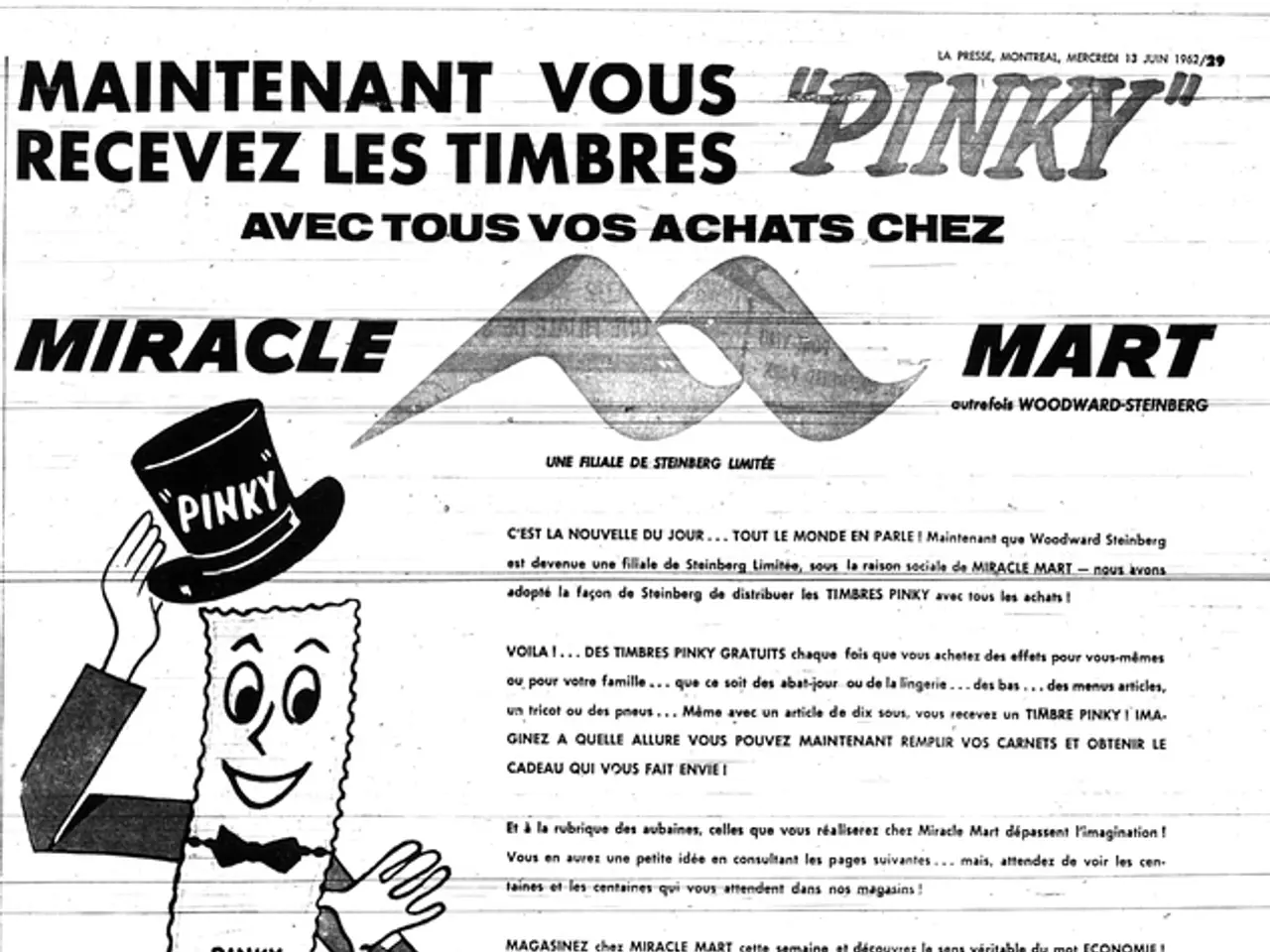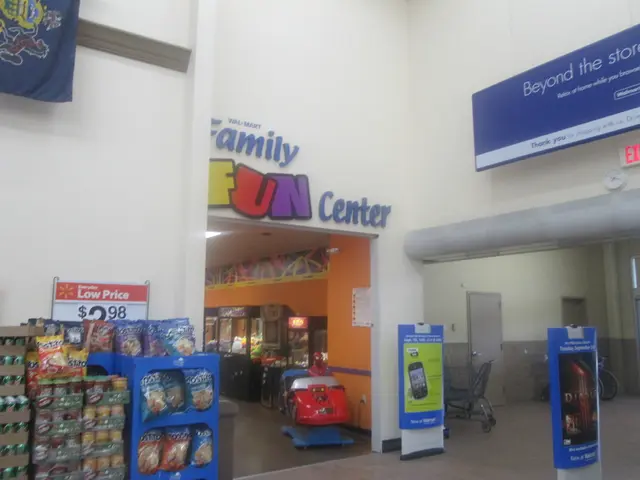"Kwame Taylor-Hayford emphasizes the importance of a strategic approach when developing projects aimed at making a difference globally"
Transforming the Creative Industry: Attracting and Retaining Talent and Cultivating Social Impact
The creative industry is facing a critical juncture, with the need to attract and retain the next generation of creative minds. This requires a rethinking of culture, processes, and outputs within the industry.
One organization leading the charge is D&AD, a prestigious not-for-profit organization presided over by Kwame Taylor-Hayford. D&AD offers various initiatives to support and nurture new talent, including masterclasses, learning programs through New Blood, and Shift.
Kwame Taylor-Hayford, co-founder of the creative company Kin and President of D&AD, emphasizes the importance of creating positive change for society through creative work. Kin has been successful in this endeavour, as evidenced by their partnership with Adobe to make diverse images available on their platform. This collaboration has resulted in the images being downloaded over two and a half times more than any other diverse image library on Adobe Stock, driving brand preference for Delta.
In 2022, Kin was awarded AdAge’s Purpose-Led Agency of the Year, Silver. The social impact of a project is not measured solely by predefined Key Performance Indicators (KPIs), but also by the results in terms of behaviour or societal change.
Mentorship has become less common due to pressures and contractions in the industry, and it is important to focus more on it. A four-year degree is not necessary to start a career in the creative industry, but learning about craft and executing ambitions through established companies is important.
Brands create and measure projects for meaningful positive social change by integrating comprehensive social impact frameworks with strategic partnerships and inclusive design principles, while using data-driven tools to track and communicate their outcomes.
Framework Selection and Data Integration
Brands choose or develop social value frameworks to guide project goals and impact assessment. Platforms like ActionFunder provide framework-agnostic platforms enabling companies to identify community partners and projects that fit social value criteria, track estimated beneficiaries, and measure both quantitative outputs and qualitative outcomes in real time.
Holistic CSR Alignment and Employee Engagement
Effective projects align with corporate values and broader CSR goals, covering environmental sustainability, ethical sourcing, employee well-being, and community involvement. Engagement of employees in these initiatives fosters a culture of purpose and participation, amplifying the program’s reach and authenticity.
Accessibility and Inclusivity in Project Design
Brands can increase industry accessibility and inclusivity by embedding inclusive design and accessibility features into digital platforms and services. Examples include BBC’s comprehensive media accessibility, Airbnb’s accessibility filters, and Legal & General’s digital redesign.
Measuring Impact with Key Performance Indicators (KPIs)
Measuring success involves quantitative metrics such as website traffic, engagement rates, conversion rates, complaint reductions, and customer satisfaction scores. Social value measurement also looks at community impact through beneficiary reach and stories that demonstrate qualitative outcomes.
Strategies for Increased Industry Accessibility and Inclusivity
- Inclusive Design Principles
- Community Partnerships
- Data-Driven Insights
- Employee Engagement
- Clear Communication and Reporting
By combining strategic framework selection, data-driven measurement, inclusive project design, and stakeholder engagement, brands can maximize the social impact of their initiatives while promoting industry-wide accessibility and inclusivity.
The rise of platforms like TikTok has made it easier for individuals to bypass traditional agencies and design studios. Entering work with a strong social impact into the Brand Impact Awards is encouraged.
- Kwame Taylor-Hayford, the co-founder of Kin and President of D&AD, emphasizes the importance of designing creative work to bring about positive change for society.
- Kin, in partnership with Adobe, has made diverse images available on their platform, resulting in higher brand preference for companies like Delta.
- Mentorship is crucial in the creative industry, as a four-year degree is not necessarily required to start a career, but learning from established companies is essential.
- Brands can increase industry accessibility and inclusivity by incorporating inclusive design principles in their digital platforms and services.
- Effective social change projects align with a company's broader CSR goals, covering areas like environmental sustainability, ethical sourcing, employee well-being, and community involvement.
- Platforms like ActionFunder enable companies to identify community partners and projects that meet social value criteria, track estimated beneficiaries, and measure both quantitative outputs and qualitative outcomes in real-time.
- Successful projectsshould be evaluated using both quantitative metrics, such as website traffic, engagement rates, and customer satisfaction scores, as well as community impact through beneficiary reach and qualitative outcomes.
- To promote industry-wide accessibility and inclusivity, brands should consider strategies like inclusive design principles, community partnerships, data-driven insights, employee engagement, clear communication, and reporting.




